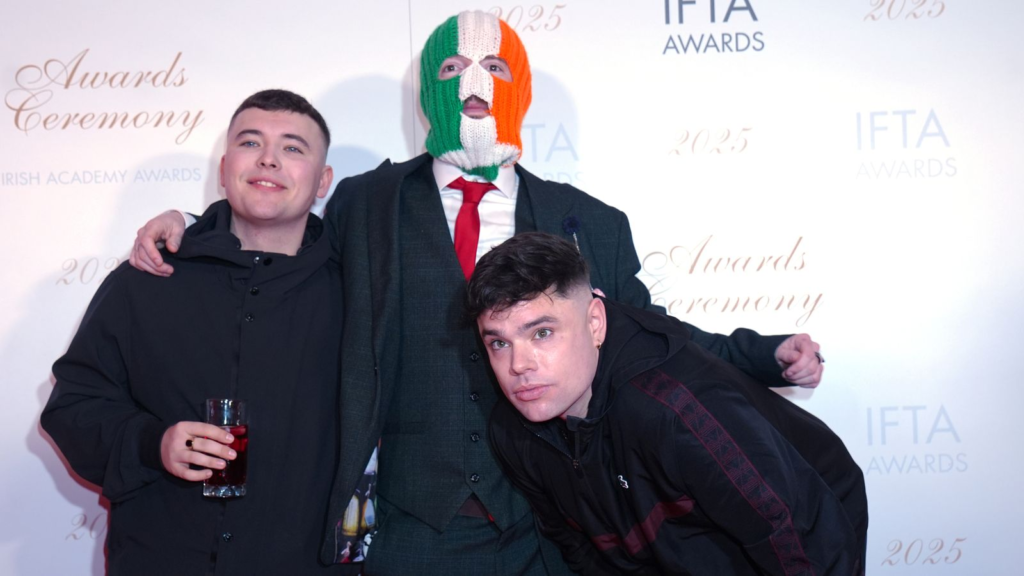Introduction
In a wave of musical solidarity, prominent artists including Paul Weller, Primal Scream, and Annie Mac have come forward to support Belfast-based rap group Kneecap, following political backlash over the group’s vocal support for Palestine. This surge of public backing highlights the intersection of music, activism, and freedom of expression in an increasingly polarized political landscape.
Who Are Kneecap?
Kneecap is an Irish-language rap trio known for their sharp political commentary, cultural pride, and rebellious spirit. Their outspoken stance on international issues, especially the Israeli-Palestinian conflict, has sparked both praise and condemnation in recent months.
Political Backlash and Support
Amidst criticism from politicians and media outlets for a pro-Palestinian message featured during performances and interviews, Kneecap has stood firm in their stance. Their outspoken commentary on the humanitarian crisis in Gaza has drawn ire from UK officials, but it has also galvanized support from across the music industry.
Top 7 Artists and Figures Supporting Kneecap
- Paul Weller – The Modfather himself issued a statement praising Kneecap’s courage and condemning political attempts to silence artists.
- Primal Scream – The legendary band expressed solidarity on social media, calling censorship of political art a “dangerous precedent.”
- Annie Mac – The acclaimed DJ highlighted Kneecap’s right to free expression and emphasized the importance of artist activism.
- Fontaines D.C. – The Dublin rockers reposted Kneecap’s content and affirmed their support for Palestinian human rights.
- Young Fathers – This Mercury Prize-winning trio applauded Kneecap’s message, encouraging more artists to speak up.
- Róisín Murphy – Known for her bold stances, Murphy praised the group’s fearless engagement with global issues.
- Mike Skinner (The Streets) – Skinner reposted Kneecap’s video with a message of solidarity and resistance to censorship.
Free Speech, Censorship, and Artist Activism
The controversy has reignited debate around free speech in the arts. Critics argue that attempts to silence Kneecap reflect broader trends of suppressing political dissent, particularly when it comes to the Israel-Palestine issue. Supporters say that artists have a long-standing role in shaping political discourse—and Kneecap is continuing that legacy.
Conclusion
The widespread support for Kneecap underscores a growing movement within the music industry to confront uncomfortable truths and back artists who challenge the status quo. As the global conversation around Palestine intensifies, expect to see more musicians following Kneecap’s lead.
Want to know more about Kneecap’s music and message? Check out our profile on Kneecap’s rise in the Irish rap scene.










